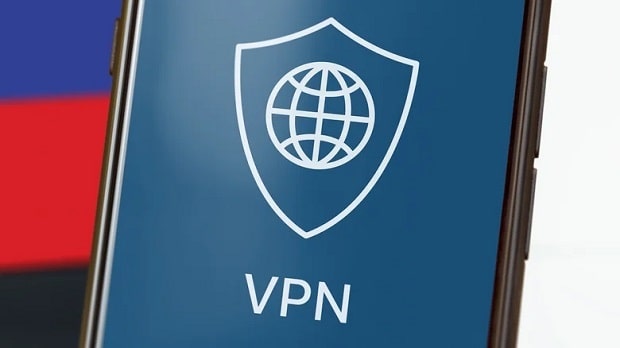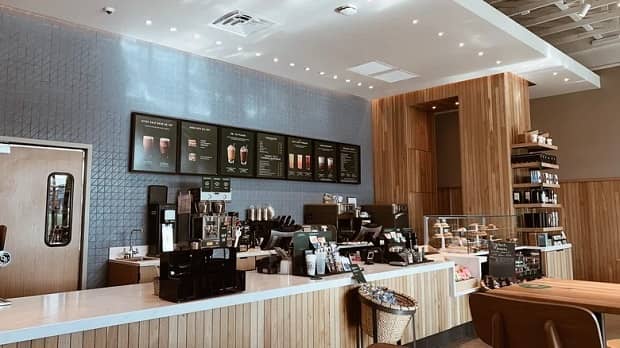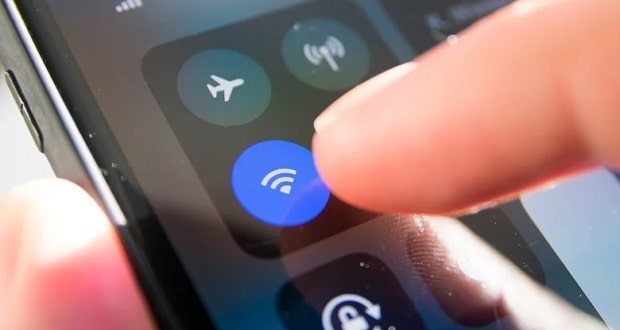Using Free Wi-Fi In Public Places – Important Security Tips
When Using Free Wi-Fi Networks In Public Places, You Should Take Care Of Your Security. Otherwise, You Will Lose All Your Data!
In recent years, the concept of remote work has attracted more attention from employers, which has turned coffee shops and other public places into the second workplace of many people!
People naturally want to do their work responsibilities from a coffee shop or other favorite places instead of working in a stuffy and stressful work environment.
On the other hand, working from public places, mainly with accessible Wi-Fi networks, will have many security risks for you.
Therefore, if you are one of the people who prefer working remotely to working in the workplace, you should follow some tips to protect your information.
Today, we are trying to teach important security tips that you should follow when using accessible Wi-Fi networks. If you follow these tips as much as possible, you can be sure of the security of your data. However, not following these tips can have serious security consequences for you.
What security tips should be observed when using free Wi-Fi?
Use a VPN

A VPN can be a strong fortress for your connection and keep your activity safe from potential threats by encrypting your internet activity.
When connected to a public Wi-Fi network, a VPN acts as an encrypted connection between your device and the Internet, protecting your data from cyber threats.
A powerful and safe VPN is necessary, especially when busy with sensitive activities such as shopping in stores, banking, or economic matters!
Connecting to a VPN is a simple process. In the first step, choose the exemplary VPN service that fits your needs and budget. Suitable options that have been used by many people and have attracted the satisfaction of many users are Private Internet Access, NordVPN, and Surfshark.
Many VPN providers offer users various services, from essential free services to paid subscriptions with more features.
After you have chosen your service provider and purchased the desired service, you need to install the related software on your system and then connect to the desired server through the username and password provided to you.
When using a VPN, you should pay attention to some points. First, you should ensure that the service provider does not store any information about your internet search history and other things.
Also, always try to choose services that use robust security protocols and offer multiple servers in different parts of the world to which you can connect.
Also, remember that a VPN service may reduce your internet speed; it transfers the information to another server and then provides it.
Connect to secure public Free Wi-Fi networks.

The most important principle for people who plan to work remotely is to maintain the security and safety of personal data. Therefore, observing security tips when you use accessible Wi-Fi networks becomes doubly important.
In this regard, you should always try to connect to reliable Wi-Fi networks to maximize the risk of information theft and work efficiently.
For this, l must first know the difference between encrypted and unencrypted networks to choose the safest and most secure option possible.
As their name suggests, encrypted networks use different encryption protocols and require a password to connect.
To identify this network category, you should ensure that a lock will be visible next to their network name in the list of available networks.
Of course, you should be careful that some well-known public places provide free and secure Internet to their customers. For example, McDonald’s or Starbucks coffee chains are always committed to delivering safe Internet, and connecting to their access networks will make you feel at ease about security.
In the meantime, places such as public libraries or some more private places are usually known for providing secure Wi-Fi networks!
Look for the HTTPS protocol.

Another security point you must follow when accessing the Internet through accessible Wi-Fi networks is using sites with HTTPS prefixes.
The secure HTTPS protocol encrypts the data exchanged between your device and the Internet, providing a secondary security layer on your sensitive data.
Most modern browsers, such as Google Chrome, Firefox, Safari, and Microsoft Edge, distinguish websites that use this protocol from those with graphic symbols.
For example, a lock displays websites with secure HTTPS protocol in Google Chrome.
Modern browsers warn users if they access unsafe websites and inform them of their possible consequences.
Using HTTPS becomes more critical when using a public Wi-Fi network Because, in this situation, your data is exposed to more cyber risks, and using this protocol can create an additional layer of security between your device and the website server.
This protocol makes it much harder for hackers to access your crucial information, such as login information, personal data, or bank account details.
Also, to increase your safety, you can use extensions such as HTTPS Everywhere, which will connect you to a more secure version, if possible, when you connect to any website.
This plugin can guarantee the safety of your Internet browsing, even when you accidentally access an unsafe site.

